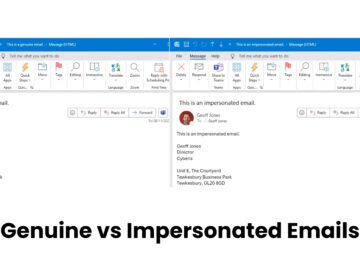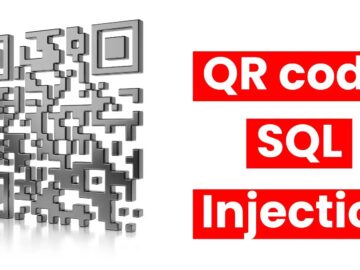pi GPT, a custom integration for OpenAI’s ChatGPT that transforms everyday Raspberry Pi devices into fully managed AI-powered workstations.
Announced on November 18, 2025, this tool empowers developers, hobbyists, and students to code, deploy, and oversee projects directly on local hardware without the usual cloud dependencies or network hassles.
By leveraging noBGP’s deterministic networking, pi GPT eliminates barriers like IP configuration and VPN setup, making vibe coding building apps through natural language prompts accessible on affordable devices like the Raspberry Pi, Nvidia Spark, or Jetson.
Traditionally, vibe coding has been tethered to cloud platforms, incurring costs and requiring complex setups for local integration.
pi GPT changes this by allowing users to direct ChatGPT prompts straight to their Raspberry Pi, turning it into a seamless development or production environment.
Developers can generate and run code on the device in real time, bypassing the need for manual SSH sessions or environment matching.
This local approach not only cuts cloud bills but also enhances privacy, as all operations stay within the user’s controlled hardware ecosystem.
For instance, a prompt like “Write a Python script to monitor sensors on my Pi” results in instant deployment and testing, fostering rapid prototyping for IoT projects or edge computing tasks.
pi GPT Tool for Raspberry Pi
One of Pi GPT’s standout features is its prompt-based control over device operations. Users can start, stop, edit, or monitor applications on their Raspberry Pi using simple ChatGPT conversations, such as “Restart my web server on the Pi” or “Debug the error in my script”.
This AI-driven management simplifies workflows, especially for beginners or those juggling multiple devices. The tool’s integration ensures commands are executed securely through noBGP’s overlay network, which handles authentication and execution without exposing the device to public internet risks.
In cybersecurity contexts, this means reduced attack surfaces, as no port forwarding or firewall tweaks are needed for remote access.
noBGP’s deterministic networking underpins pi GPT by providing end-to-end encrypted connectivity that avoids traditional routing pitfalls like BGP’s unpredictability.
Users gain private links between ChatGPT and their Pi, free of access control lists or public IPs, ensuring consistent, reliable communication.
Sharing becomes effortless too: deploy a web app or Minecraft server on the Pi and generate a custom URL for public or private access with a single prompt. This feature supports hybrid setups, connecting local Pis to CI/CD pipelines or AI workflows for scalable production.
pi GPT is free for non-commercial use and works with both free and paid ChatGPT accounts, available via the OpenAI GPT Store. Commercial trials are open now, with licensing to follow.
As Ryo Koyama, noBGP’s CEO, noted, “pi GPT makes vibe coding truly accessible; no cloud bills, no setup headaches”. For security researchers and content creators, this tool opens doors to secure, local testing of vulnerabilities or threat simulations on Pi hardware, aligning with edge device trends in cybersecurity.
Overall, pi GPT democratizes AI-assisted development by blending ChatGPT’s intuition with Raspberry Pi’s versatility to enable innovative, cost-effective projects.
Follow us on Google News, LinkedIn, and X for daily cybersecurity updates. Contact us to feature your stories.



